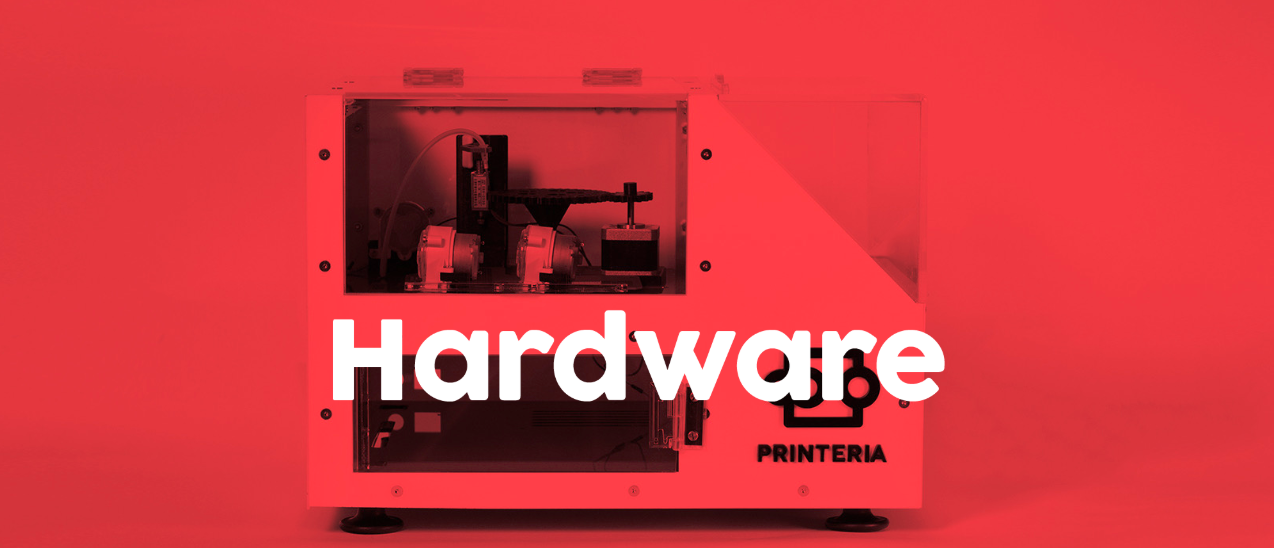What is iGEM? (part 2): Local people solving local problems all around the world
by Linda Kahl
On the Indonesian island of Sumbawa, a farmer supports his family by harvesting honey produced by 'Apis Dorsata', a wild bee that builds its’ hives high up in the canopy of the rainforest. The farmer is one of the many indigenous peoples of Sumbawa that harvests forest honey, and one of the nearly 1.6 billion people around the world that rely on forest resources for their livelihoods. Yet, he worries that his livelihood is being threatened by those trying to sell counterfeit or ‘adulterated’ honey, which is cheaper and easier to produce. How can he show that the honey he collects is the real honey from forest beehives?
In 2014, the Sumbawagen iGEM team used the tools of synthetic biology to develop a safe, eco-friendly biological system for detecting counterfeit honey. By enabling the farmers and others in Sumbawa to distinguish fake honey from real forest honey, the Sumbawagen iGEM team aimed to make a meaningful impact to support Sumbawa’s way of life. This is but one example within iGEM where local people are solving local problems that help tackle global challenges.
Team Sumbawagen working with farmers
Across all six habitable continents around the world, iGEM teams are working within their local communities to develop safe and responsible biological systems to solve local problems:
Local teams solving local problems: 1) Peking 2) AshesiGhana 3) Bordeaux 4) Sydney Australia 5) Northwestern 6) Colombia
As another example from Asia, the 2015 Peking iGEM team developed a reporter system for detecting Mycobacterium tuberculosis, one of China’s most serious public health problems and causes of death from infectious disease.
In Africa, the 2017 iGEM team from Ashesi University in Ghana (team AshesiGhana) aimed to protect the environment and safeguard the well-being of local miners by developing a biosensor for gold detection that could be used in place of toxic chemicals such as mercury within the gold mines of Ghana.
In Europe, the 2015 iGEM team from Bordeaux University (team Bordeaux), located in the top wine-producing Aquitaine region of France, engineered an eco-friendly biological treatment to protect local vineyards from Downy Mildew.
In Oceania, the 2017 iGEM team from the University of Sydney (team Sydney_Australia) took on the biggest challenge confronting Australia's health system – diabetes – by developing an open source version of insulin, the hormone used to control blood sugar, to help this important drug become more affordable and available to people suffering from diabetes.
In North America, the 2018 iGEM team from Northwestern University in Illinois (team Northwestern) addressed the rising problem of water pollution in Lake Michigan by creating a paper-based, easy-to-use biosensor that could empower everyday citizens to test their water quality.
And in South America, the 2012 team from the Universidad de Los Andes at Bogotá, Colombia (team Colombia) designed a bacterial "detect and alert" system to help defend against fungi and other pathogens that attack the coffee plant and threaten the Colombian economy, which is absolutely dependent on coffee export.
Each year, the iGEM Competition inspires nearly 6,000 students from over 45 countries all around the world to use synthetic biology to address unique challenges within their own local communities. And the reason for encouraging such broad participation is simple: the field of synthetic biology will be better if it happens everywhere. Consider the perspective of iGEM’s President, Randy Rettberg:
“[Synthetic biology] is a revolution of being good at matter and matter is everywhere. The problems of matter are local. The resources to deal with those problems are local. The understanding of those problems is local. The companies that solve those problems should be local as well.”
By becoming part of the growing international community of synthetic biologists who are working to make a positive difference within their own local communities, iGEMers are making real contributions to solving global challenges such as poverty, food security, clean water, environmental sustainability, and climate change.
Local people solving local problems to tackle global challenges: that’s one of the many and varied facets of iGEM. To learn more, keep following the iGEM blog. And please send your questions, thoughts, and perspectives on the meaning of iGEM to blog [AT] iGEM [DOT] org.









